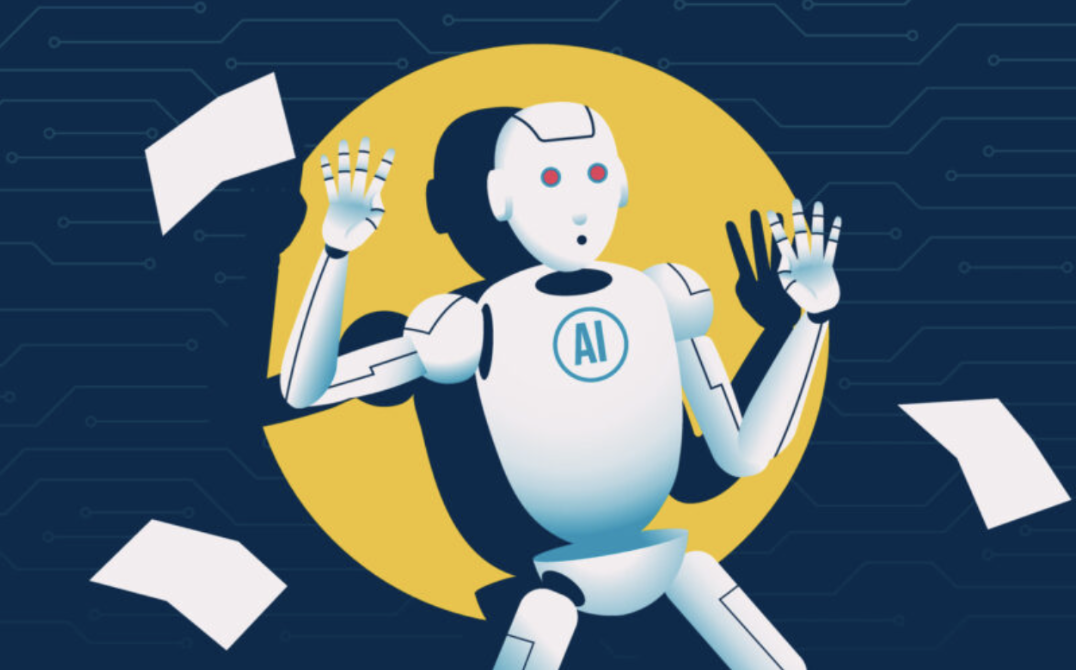AI in Education: Efficiency Versus Authenticity
In recent years, the use of artificial intelligence in the classroom has been a major point of conversation in the education space, particularly regarding its use by students. However, not only does AI affect students’ approach to learning, it also reshapes how teachers approach their work. From lesson planning to grading, and even writing letters of recommendation, AI-powered tools such as ChatGPT are becoming increasingly prevalent in both sides of the classroom. AI’s ability to save time and reduce stress is especially tempting for educators, raising points of ethical concern pertaining to the role of teachers as educators.
According to a survey from Education Week, 130 out of over 400 educators responded saying that they use AI to develop letters of recommendation. Many claim to have done so to reduce the stress of the task, and some believe that the use of AI improves the quality of the letters. However, critics argue that these letters, which are used for a student’s college application, are most valuable when they reflect a teacher’s personal knowledge and relationship with a student. In fact, about half of those who did not use AI in drafting their letters fear that AI would undermine this factor, and their letter would consequently lack a “personal touch”.
Even more pervasive is AI’s growing use in creating assignment and lesson plans. Within seconds, teachers can have fully developed lessons, worksheets, quizzes, and other teaching material by simply prompting an AI platform. Although tempting, especially for overburdened educators under tight schedules, overreliance on this technology will inhibit the personal insight required in tailoring education to a specific class or student. Furthermore, automated systems can also evaluate quizzes, including multiple-choice questions and essays. It is reported that some educators save up to 6 hours a week by using AI to grade students’ assignments. However, this algorithmic approach may fail to interpret nuance or account of certain creative liberties that a teacher might value. As such, the reliance on AI, if left unchecked, can have unfair impacts on the evaluation of students.
Leaders in education technology argue that AI should be seen as an assistant, rather than a substitute. Sal Khan of Khan academy shares his vision, saying that AI could serve as “five helpful graduate students” handling the menial tasks while educators can prioritize the personalized aspects of their work.
This highlights another point in the debate over AI in education: striking a balance between efficiency and authenticity. When used ethically, AI can reduce the time-consumption of menial tasks. However, leaning too heavily on these tools can undermine the valuable personal connections developed in the classroom. Furthermore, wealthier institutions may have greater access to advanced tools, while underfunded schools may be left behind. This may possibly widen the educational gap, with only certain students benefiting from AI-enhanced education while others continue to face the limitations of their resources. As such, ensuring equal access to these technologies will be a key part of integrating AI fairly into the classroom.
While technology has long been integral in supporting learning, so is the preservation of the personal teacher-students relationships. The challenge for schools moving forward extends beyond whether or not to use AI, but also how to use it in a way that supports the human side of education.

